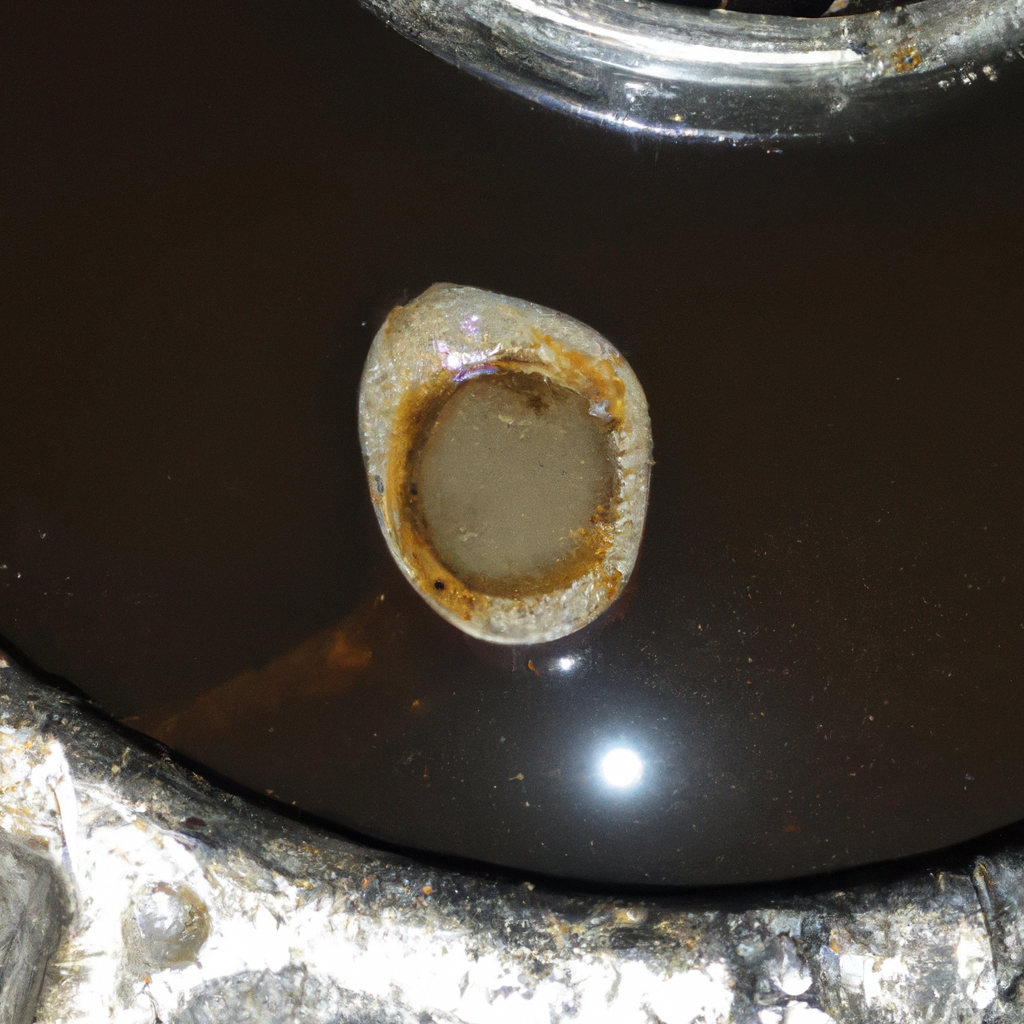
Can spilled oil on the engine result in any mechanical or safety issues?
Spilled Oil on Engine: Causes, Consequences, and Solutions
Unfortunate incidents can occur while maintaining our vehicles, and one such mishap is accidentally spilling oil on the engine. This situation can be concerning, particularly for those who are unfamiliar with how to address it. In this article, we will explore the causes, consequences, and potential solutions for dealing with spilled oil on an engine.
Causes of Oil Spills on Engines:
1. Filling Error: One of the primary causes of oil spills on an engine is a simple filling error. When adding oil, carelessness or distractions can cause the oil to overflow from the filler hole and spread over the engine surface.
2. Leaking Containers: Damaged or improperly sealed containers carrying oil may leak during transportation or storage, leading to an oil spill on the engine.
3. Faulty Gaskets or Seals: Worn-out gaskets or seals can cause oil leakages, resulting in oil spills on the engine. These faulty components might require replacement to prevent future spills.
Consequences of Spilled Oil on Engines:
1. Fire Hazard: Oil is highly flammable, and when spilled on a hot engine, it can ignite and cause a fire. Immediate action is necessary to remove the oil spill to avoid any potential hazards.
2. Engine Damage: Excessive oil on the engine can damage various components. The oil can interfere with the proper functioning of electrical connections and sensors, leading to expensive repairs.
3. Impaired Cooling: The spilled oil can obstruct the flow of air through the engine, reducing the cooling capacity. Over time, this can cause the engine to overheat and become less efficient.
Solutions for Dealing with Oil Spills on Engines:
1. Act Quickly: If you spill oil on your engine, immediate action is crucial. Turn off the engine and let it cool down. Wipe off the excess oil using absorbent materials such as rags or paper towels. Avoid using water to clean the oil spill, as it can worsen the situation.
2. Use Degreasers: Apply a suitable engine degreaser to break down the oil residue. Follow the product instructions carefully, and ensure proper ventilation when using chemical cleaners.
3. Check for Leaks: Inspect your engine for any signs of leaks or damaged gaskets. Resolve these issues promptly to prevent future spills.
Preventive Measures:
1. Be Attentive: When filling oil, pay close attention and avoid distractions. Ensure the oil level does not exceed the recommended limit.
2. Handle Containers with Care: Check oil containers for any leaks or damages before use. Store them in a secure and upright position to prevent spills.
3. Regular Maintenance: Maintain a regular schedule for checking and replacing gaskets, seals, and other engine components prone to wear and tear.
In conclusion, spilling oil on an engine can have serious consequences, including fire hazards and engine damage. However, with prompt action and proper preventive measures, these situations can be managed effectively. Remember to stay attentive during oil filling, handle containers carefully, and prioritize regular engine maintenance to minimize the risk of future spills.
Buy now……https://viscus.in/

